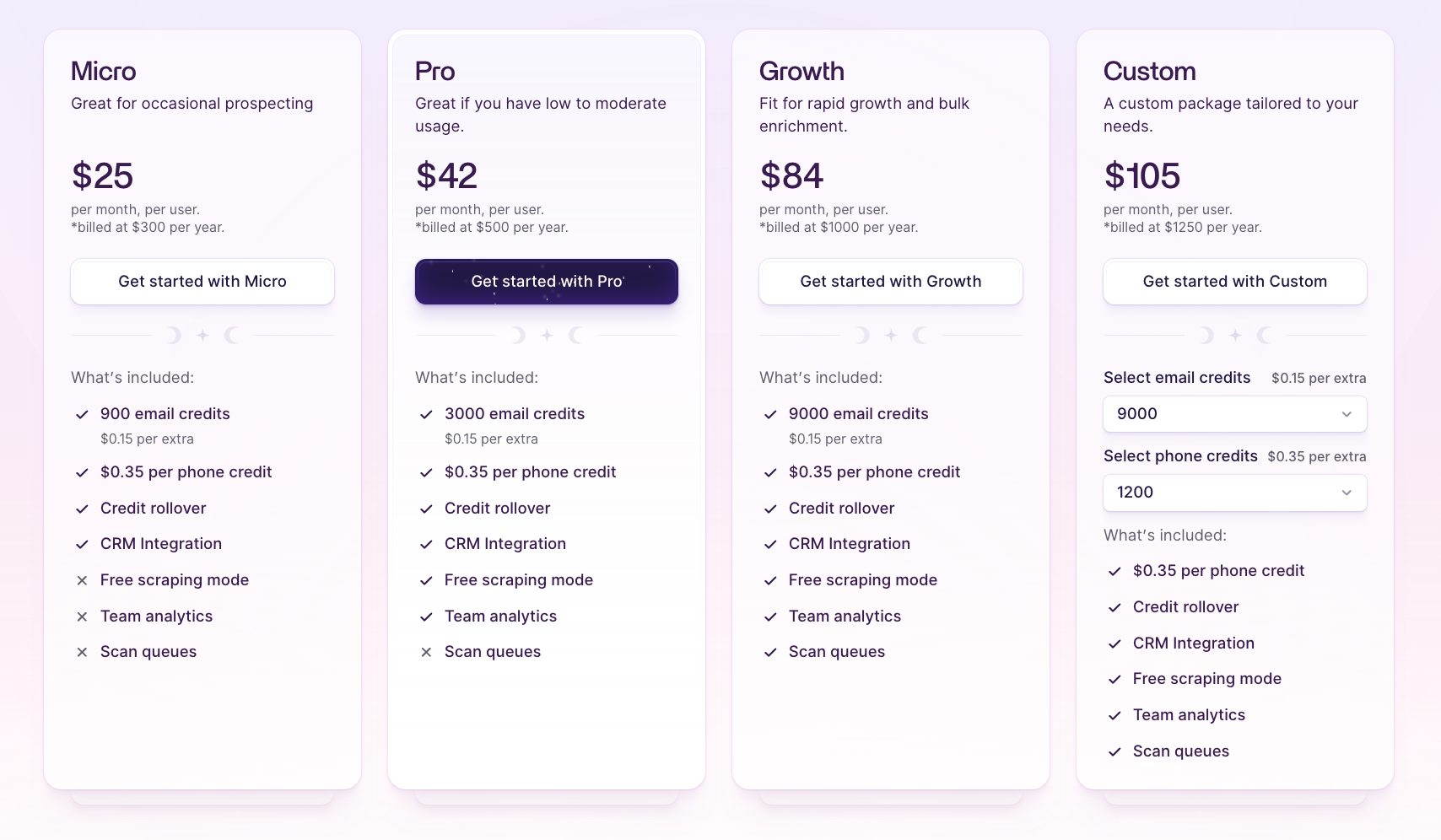Trends in Database Providers: What to Expect in the Coming Years
Trends in Database Providers: What to Expect in the Coming Years
Blog Article
Secret Features to Try To Find When Selecting a Database Service Provider
Selecting a data source service provider is an important choice that can dramatically impact your organization's operations and data monitoring approach. Among the essential functions to consider are scalability choices, which make sure that your system can adjust to growing needs.
Scalability Options
When picking a data source company, comprehending scalability choices is important to making certain that the chosen remedy can suit future development. Scalability describes the ability of a database system to broaden its capacity and efficiency in feedback to enhanced demand. There are 2 key kinds of scalability: upright and horizontal.
Upright scalability, or "scaling up," involves improving a single server's sources, such as CPU, RAM, or storage space. This method can be cost-effective and uncomplicated for smaller sized applications however may reach a restriction where additionally upgrades are unwise or too pricey.
Straight scalability, or "scaling out," includes including a lot more servers to disperse the tons. This method permits for higher flexibility and can suit considerable increases in information volume and customer traffic (database provider). It is specifically valuable for cloud-based database solutions that can dynamically allot resources based upon demand

Safety Steps

When reviewing protection procedures, think about the application of security methods (database provider). Data-at-rest and data-in-transit encryption are vital to make certain that delicate details stays secured, even in case of a security violation. Additionally, try to find companies that provide strong authentication devices, such as multi-factor verification (MFA), to additionally enhance accessibility control
Regular safety audits and conformity with market criteria, such as GDPR or HIPAA, are a measure of a service provider's dedication to information protection. Additionally, ask about their incident response strategy; a robust plan can reduce the effect of any type of possible protection incident.
Efficiency Metrics
Examining performance metrics is essential for companies to guarantee that their selected data source company satisfies functional demands. Trick performance metrics consist of reaction throughput, scalability, and time, which collectively figure out the performance of database operations under differing lots.
Reaction time is critical, as it shows just how quickly the database can refine questions and return results. Organizations must search for metrics that show average reaction times throughout peak and off-peak hours. Throughput, typically gauged in purchases per second (TPS), offers understanding right into the data source's capability to deal with high quantities of demands without efficiency degradation.
Scalability evaluates the data source's capability to expand with the company's demands. A durable database copyright ought to demonstrate vertical and horizontal scaling abilities, permitting for smooth changes as needs rise and fall. Additionally, comprehending latency, especially in dispersed systems, can assist companies review the responsiveness of the data look at this site source throughout different geographical places.
Client Support
Trusted customer support is a keystone of effective data source monitoring, supplying organizations with the assistance required to settle concerns and enhance performance. When selecting a data source supplier, examining the level of consumer support they offer is my response important. A durable support group must include numerous networks of communication, such as phone, e-mail, and live chat, ensuring that customers can access assistance whenever they require it.
Furthermore, responsive assistance teams that are readily available 24/7 substantially improve the reliability of the data source solution. Trigger response times and efficient resolution of issues can dramatically decrease downtime and increase overall performance. It is likewise advantageous to take into consideration the availability of committed support workers, who can use customized support based upon an organization's certain demands.

Pricing Structure
When considering a data source company, the prices structure is a critical aspect that can substantially affect a company's spending plan and total technique. A transparent and flexible rates design is essential for straightening the data source costs with company requirements - database provider. Organizations should assess whether the rates is based upon usage, per individual, or a level price, as each model can produce different financial effects with time
It is essential to examine any extra prices linked with the supplier's solutions, such as get redirected here information storage costs, transaction costs, and support charges. Some companies may use tiered prices, enabling scalability as the organization grows, while others might impose strict limits that might come to be pricey as data demands raise.
Furthermore, organizations ought to consider the long-term worth of the database option. While reduced first rates can be enticing, they might not account for future upgrades, maintenance costs, or combination costs. Performing a detailed cost-benefit evaluation will aid recognize one of the most appropriate pricing framework that stabilizes scalability, efficiency, and support, inevitably ensuring that the picked database provider straightens with the organization's economic and functional purposes.
Conclusion
In final thought, picking a data source copyright necessitates cautious consideration of various essential attributes. Reviewing efficiency metrics enables the recognition of reliable data sources, and accessible consumer assistance enhances the overall customer experience.
Picking a data source copyright is a crucial choice that can dramatically affect your organization's information and procedures management approach.When choosing a database copyright, understanding scalability alternatives is important to ensuring that the picked solution can suit future development. When selecting a data source provider, evaluating the degree of client support they offer is necessary.When thinking about a data source company, the rates framework is a pivotal aspect that can considerably impact an organization's spending plan and overall technique. Carrying out a thorough cost-benefit analysis will help identify the most appropriate pricing structure that balances scalability, support, and efficiency, ultimately ensuring that the picked database company aligns with the company's operational and financial purposes.
Report this page